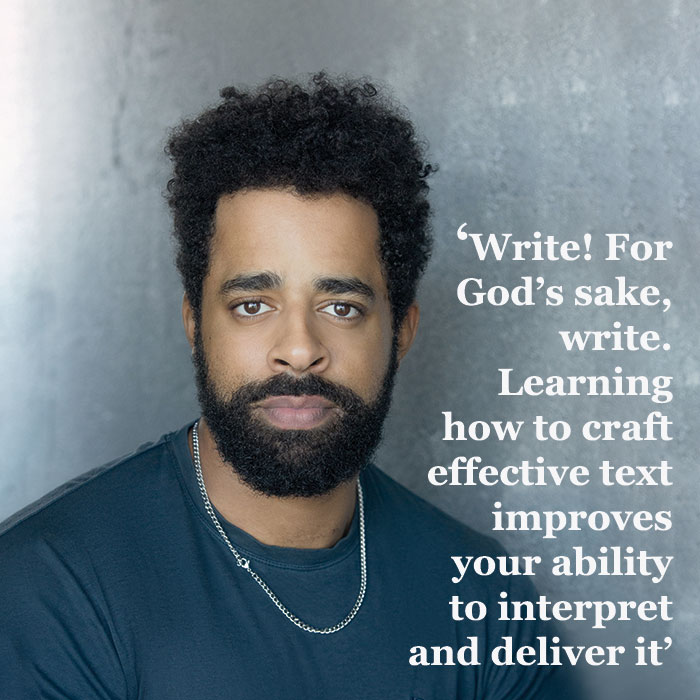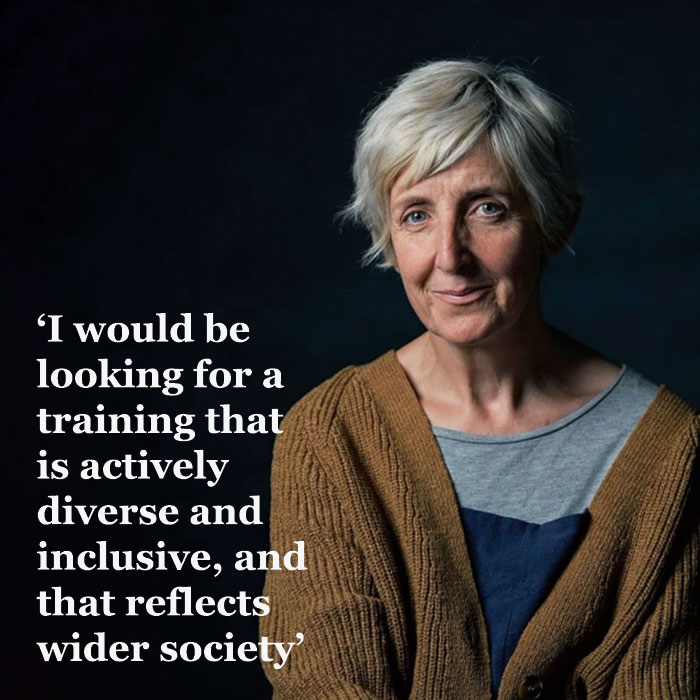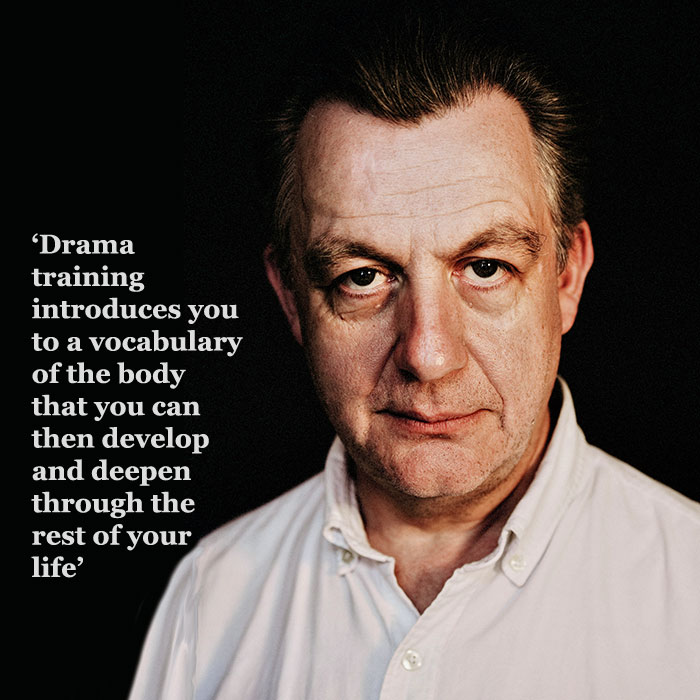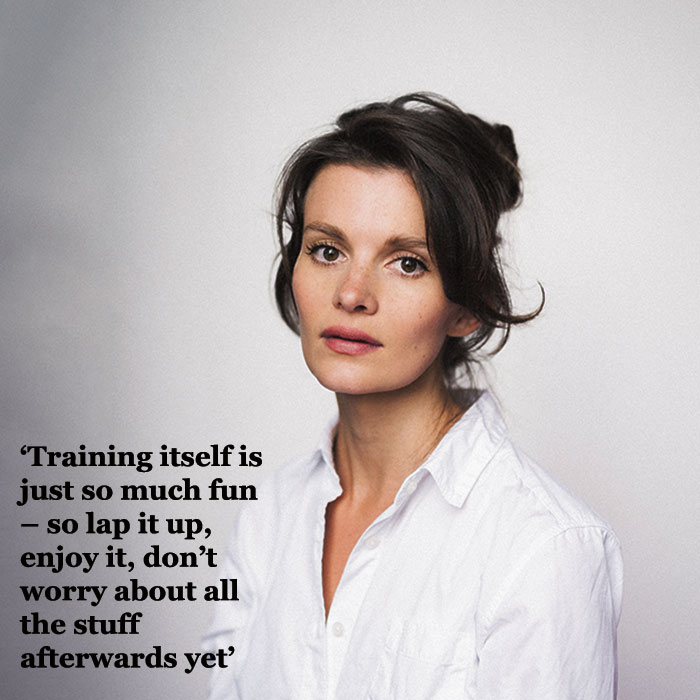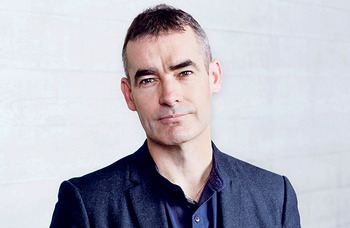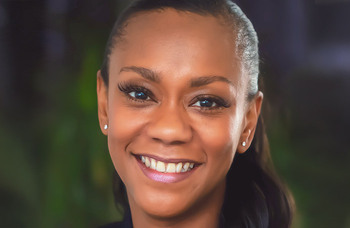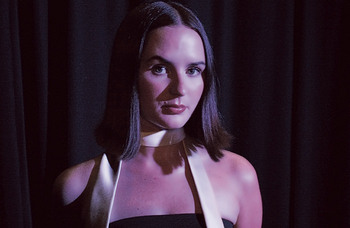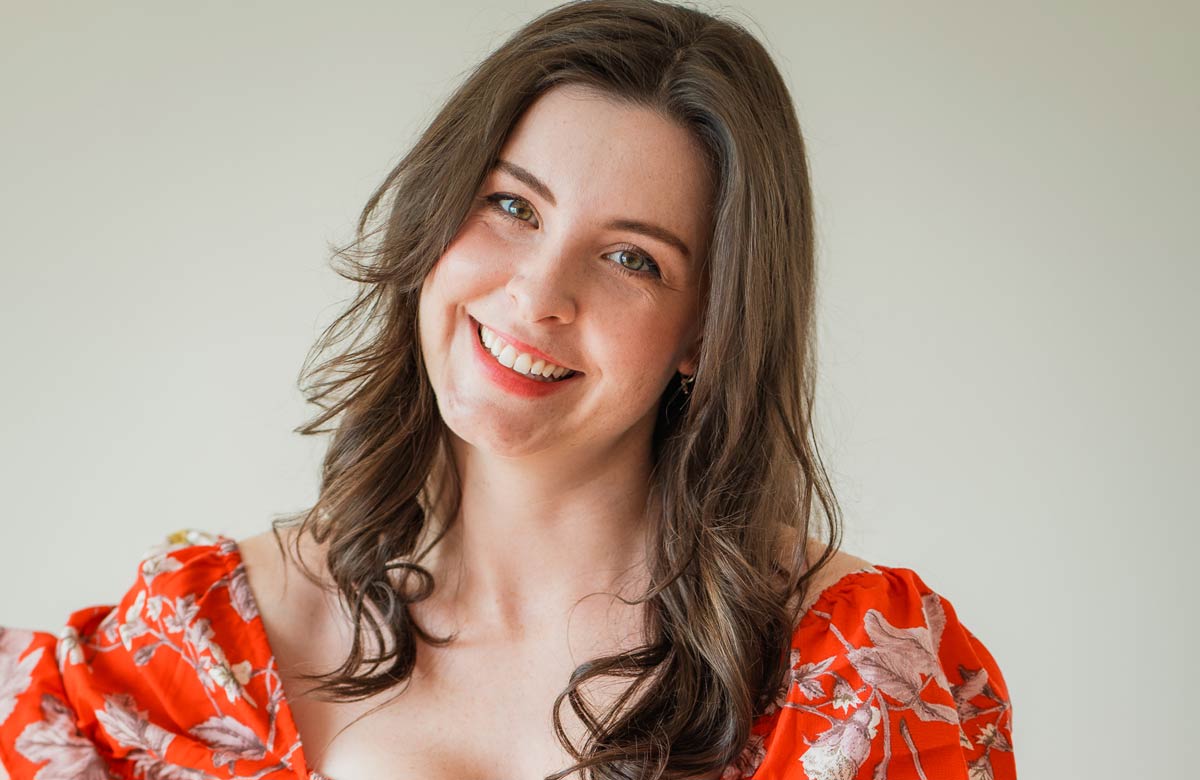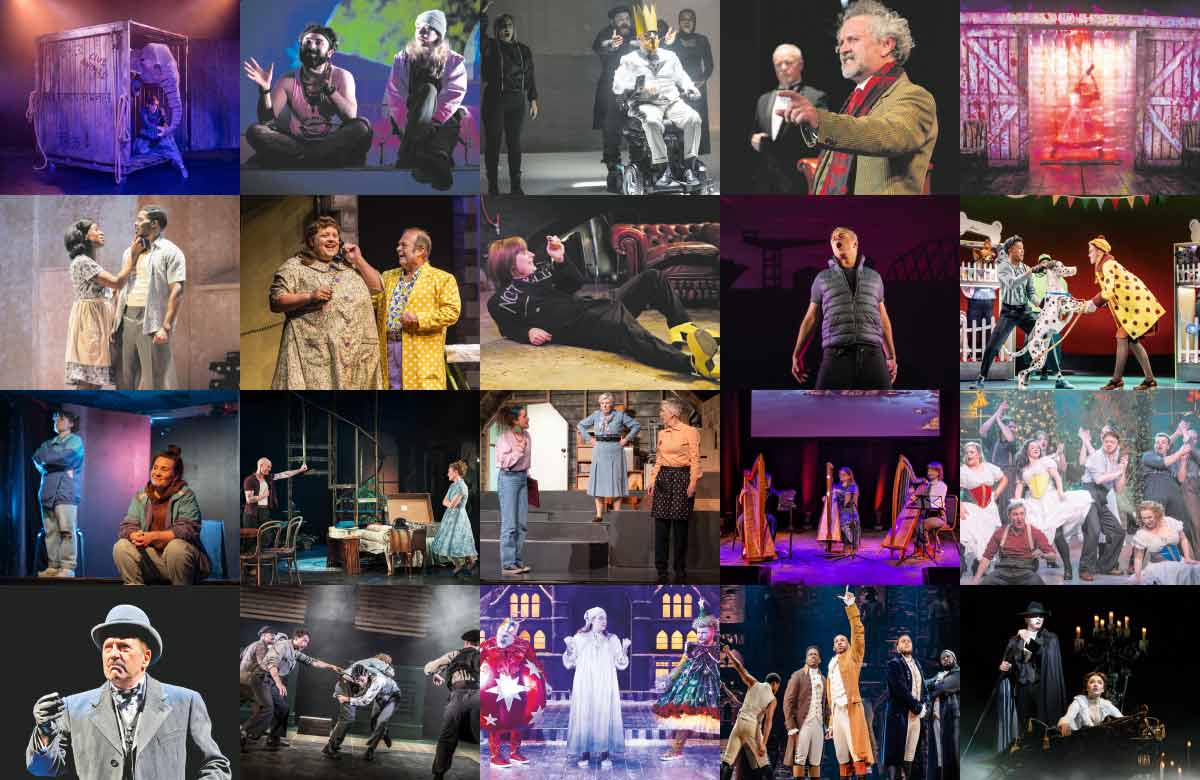Actors' advice on making the right drama training choices
Applying to drama school and embarking on training can be daunting prospects, but the industry is made up of thousands of people who have trodden this path before you. Actors Troy Alexander, Emily Barber, Julie Hesmondhalgh and Alan Cox tell Sarah Lambie how to navigate the process and get the best from the experience
Should I go straight to drama school?
Troy Alexander is coming to the end of a 14-month stint in Harry Potter and the Cursed Child in the West End. He graduated from Mountview in 2018 but began his training journey on a foundation course. “It took me a couple of years to find a place at drama school,” he explains. “Those rejections can feel like the end of the world at the time but, in retrospect, I probably wasn’t ready in my first year of auditioning. I fell into the trap of projecting my idea of what I thought panels wanted to see, rather than bringing myself to it. But it’s important to persevere. After working my way through foundation training, I was a lot more prepared and self-aware as a performer.”
Emily Barber, who has recently starred in Bridgerton and is now in rehearsals for Backstairs Billy at the Duke of York’s Theatre, also took a foundation course – at RADA – before training at Royal Welsh College of Music and Drama from 2011-14.
If you’re under 25, she strongly recommends auditioning for National Youth Theatre or National Youth Music Theatre: “It’s where you meet your people. Just being around people from around the country who are also taking theatre seriously is a really good thing. And I actually got an agent from National Youth Theatre, so I came to drama school with an agent, which was really amazing and lucky.”
Which drama school is right for you?
There are so many drama schools and courses to choose from when applying. For Barber, it’s essential to visit and get a feel for a place: “You need, if you can, to go to the buildings because you will connect with certain schools based on the atmosphere or the chemistry of the room, and you might click somewhere that you never thought you would.” “I’m so glad that I applied outside of London,” she adds. “I think being in that bubble meant that I could just focus on the training – and then you’re introduced to the industry in London when you’re ready, which was really good for me.”
Julie Hesmondhalgh trained at LAMDA from 1988-91. She has recently toured the US with The Jungle, and she runs Take Back, a political theatre collective in Manchester. She has also written a book, published this year, called An Actor’s Alphabet (An A-Z of Stuff I’ve Learnt and Stuff I’m Still Learning), which contains a chapter on drama school.
“If I was starting out now,” says Hesmondhalgh, “I would be looking for a training that is actively diverse and inclusive, and that reflects the wider society; that includes a strong musical element (so many theatre companies now, especially post-lockdowns, are looking for actor/musicians); movement and physical theatre as a core subject (I’m rarely in a rehearsal room without a movement director as part of the creative team these days); and British Sign Language and audio-description as modules (to support the amazing industry work around integrated access work).
“You should also think of finding staff who are also real-world practitioners, who are actively involved in making and engaging with theatre at all levels; excellent TV and radio training opportunities; and, above all else, extensive training in creating your own work and opportunities – forming companies, etc.”
How do I find my tribe?
It’s easy to feel that it’s you against the world as you embark on actor training: competing for a place at drama school, for attention from agents, from casting directors and later for work. But performance is an inherently collaborative process, and actor training gives you the gift of a ready-made company with whom you can make your own work. Hesmondhalgh says that “technique and craft matter, but so does career resilience”, and says that drama schools should be producing “the next generation of makers and not just actors”.
Alan Cox, who is starring in the touring production of Farm Hall by Katherine Moar, trained at LAMDA with Hesmondhalgh and now also directs at drama schools, including the Royal Central School of Speech and Drama in London.
“That feeling of being in a gang, of being ‘a generation’, was one reason why I went to drama school,” he says.
“I knew that I wanted to be part of a group rather than just being a jobbing actor, a lone wolf. Dawn French and Jennifer Saunders met during the teacher training at Central. You never know who the people are that you’re going to click with and create stuff with. And that is something that I try to empower students with, in a post-lockdown age. If someone were to give you a theatre tonight, could you ring up a couple of mates and go in to do an improvised show? If a cast is down with Covid, what could you do on their set? I think you’ve just got to have an eye on making work for work’s sake – and also as a showcase.”
Discover your inner writer
Alexander and Barber each echo this theme of the need to be self-starting. Alexander would advise his younger self: “Write! For God’s sake man, write. Learning how to craft effective text improves your ability to interpret and deliver it. And the ability to create potential work yourself really can’t be valued highly enough.”
Meanwhile, Barber explains: “At Royal Welsh you have to do an end-of-year assessment where you have to write and perform a half-hour piece for the entire school – which is insane and terrifying. But it meant that so many people suddenly became writers and created work that they never thought they would do. I never thought that was something I wanted from training and actually it was a really good thing.”
Final curtain
Cox’s final piece of advice: “Study, study, study. And do yoga because it involves a psychophysical awareness of your breath and your habitual tension. Drama training introduces you to a vocabulary of the body that you can then develop and deepen through the rest of your life, even if you don’t stay with a career in the arts. The psychophysical approach to the work can improve your mental and physical health – or when you hit a certain crisis of mental or physical well being, that stuff can be a foundation that you return to.”
Meanwhile, remember to enjoy yourself: “Rejection is inevitable, rarely personal and often down to a nebulous set of circumstances that you have very little control over,” says Alexander. “Do the work for its own sake, because you bloody enjoy it and you want to do it well.”
Barber agrees. Her final piece of advice: “Stop worrying. As soon as you can feel the agents and the London world encroaching, everyone starts to panic. [It’s important to be] aware of what comes after drama school, but remember the training itself is just so much fun. I wish I could go back to acting every day: you won’t get those years back – so just lap it up, enjoy it, don’t worry about all the stuff afterwards yet.”
Opinion
Recommended for you
Advice
Recommended for you
Most Read
Across The Stage this weekYour subscription helps ensure our journalism can continue
Invest in The Stage today with a subscription starting at just £5.99

 Sarah Lambie
Sarah Lambie
